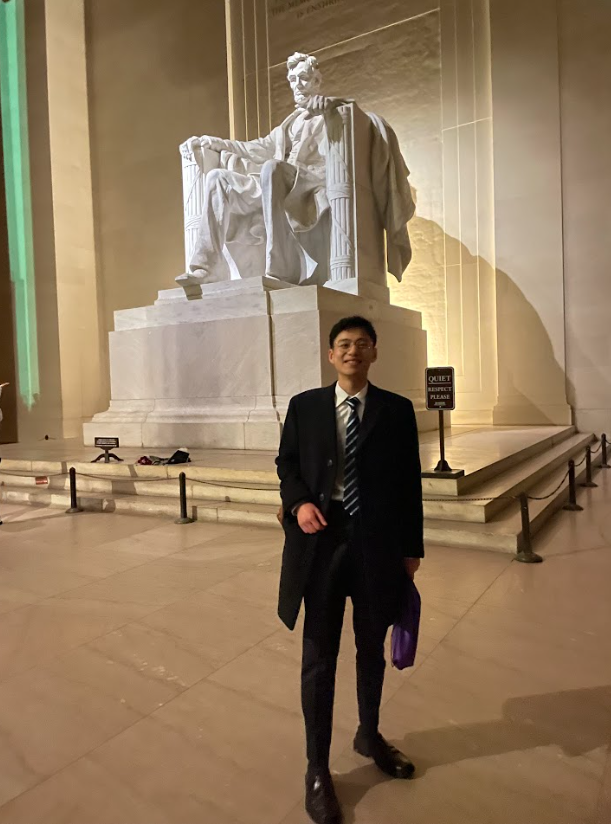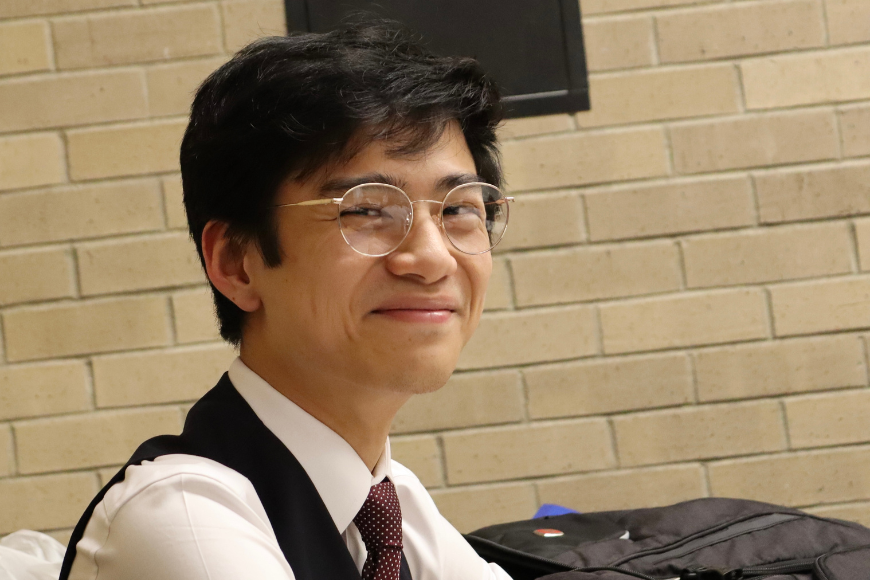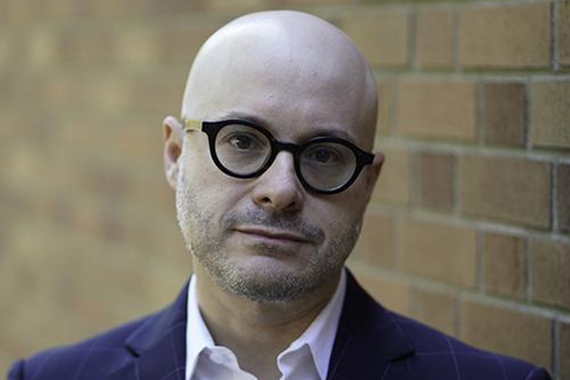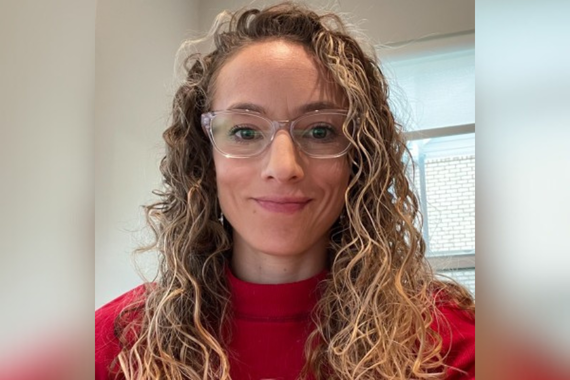Student Spotlight: Khoi Phan
Khoi Phan is a junior double-majoring in political science and computer science. Read his Student Spotlight Q&A to learn more about him and his experiences as a political science student.
What is your hometown?
I was born in Ho Chi Minh City, Vietnam, but moved to Blaine, MN when I was 10-years-old.
Why did you choose to major in political science?
As an immigrant, I was always interested in how politics affected how we lived. I came from a country with a deep and complicated history with the United States, and I wanted to know how American politics informed that process. I was inspired by the ideals of American democracy, and I hoped to one day be a bigger part of it. I also just think politics are fun!
What has been your favorite political science course at UMN?
My favorite courses have been Professor Tim Johnson’s constitutional law classes: POL 4501W: The Supreme Court and Constitutional Interpretation and POL 4502W: The Supreme Court, Civil Liberties, and Civil Rights. I don’t even want to be a lawyer, but the Supreme Court cases are so interesting because they are a description of every contentious issue that this country has ever faced and how we have empowered such an idiosyncratic institution to decide these issues for us, whether right or wrong. Regardless of whatever the ideology that the judges are writing, it is always interesting to read and they have consequences for how we live our lives.

How are you involved on campus?
I was recently elected treasurer of the Mock Trial Association, which is a club where you role-play lawyers and witnesses and put up a fake trial, whether criminal or civil. It’s meant to teach you the rules of evidence and general skills of how to be a lawyer. Again, I don’t want to be a lawyer, but I enjoy the travel, and I have great friends in the organization.
What is your favorite part of the political science department?
I like the professors that we have in the department. They span so many different subsets of political science and they seem to care strongly about the pedagogical mission of a university department, as opposed to professors who mostly care about their research and not as much about teaching undergraduates.
What do you hope to do after graduation? How has studying political science prepared you?
I want to pursue a career in government staffing positions or become a political or policy analyst and consultant. I received this year’s A.I. Johnson scholarship to go work in Washington, D.C. over the summer. The political science major and coursework honed my writing skills to be a concise and lucid writer to better convey information. One of my professors told me a story about the current national security advisor, Jake Sullivan, and how he was able to rise so quickly because he knows how to write extremely informative memos. That’s a skill that, regardless of what field I choose to pursue, will be invaluable.
What advice would you give to prospective political science students?
Take a statistics or quantitative methodology course. So much of what you learn in political science is informed by the methodology determining the qualitative conclusion that actually impacts our lives, but that conclusion has to be substantiated by data you have to be able to understand. I haven’t taken them, but I have heard that Professor Sumner’s POL 3085: Quantitative Analysis in Political Science and Professor Hollyer’s POL 4087: Thinking Strategically About Politics courses are wonderful for this.
If you would like a chance to be featured in a future Student Spotlight, please fill out the self-submission form. If you would like to nominate another student for a chance to be featured, please fill out the nomination form.


